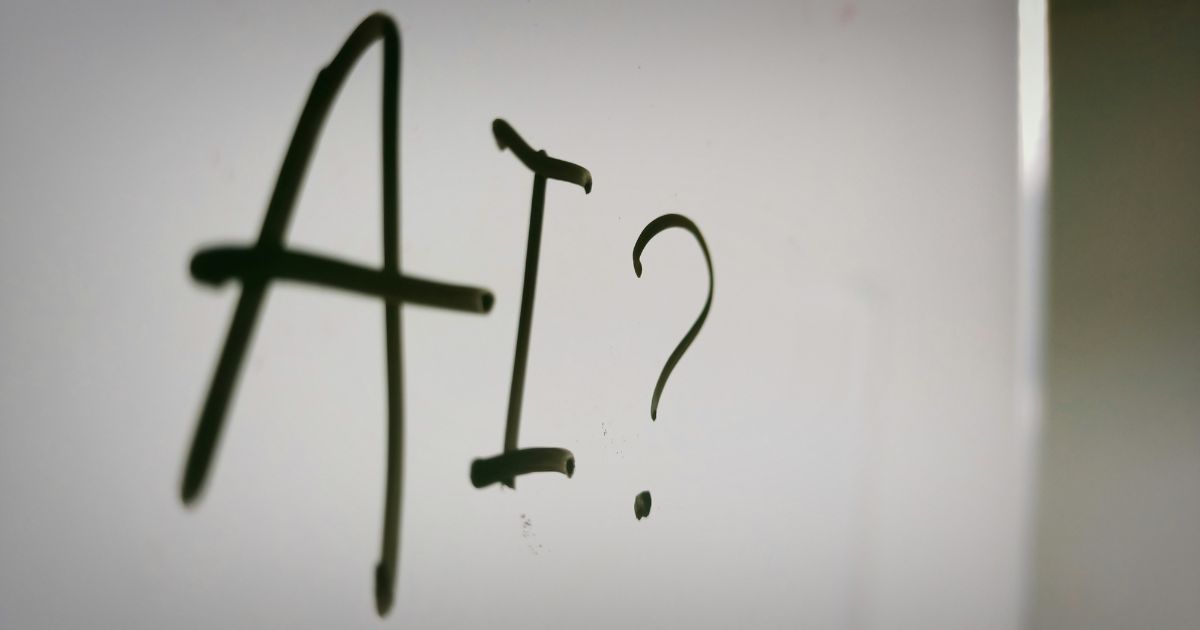President Ranil Wickremesinghe announced that the government will allocate LKR 1 billion next year for research on the relationship between Buddhism and AI. He further mentioned that the original plan was to commence the research this year. However, the initiative was postponed to 2025 due to pending AI legislation.
“We are currently at the dawn of Artificial Intelligence, prompting questions about its trajectory over the next two decades. It’s essential to explore the relationship between artificial intelligence and Buddhism,” the president said at the 100th-anniversary celebration of the Sri Lanka Buddhist Society Moratuwa. He went on to mention “It’s pertinent to explore the connection between Buddha’s teachings and AI, considering their shared focus on the mind’s control and its implications for our actions.”
As of now, it’s unclear how this will translate to a productive effort, if at all. The government has yet to offer any concrete details on what exactly constitutes a billion rupees’ worth of research.
However, the government has been vocal about the need to invest in AI, particularly amid the current attention surrounding generative AI. In last year’s budget reading, the government announced an LKR 3 billion allocation for AI that includes a national AI center. By March, Microsoft partnered up with the SL government to introduce AI to the national school curriculum, starting with grade 8.
More recently, the Ministry of Technology even sought public consultation for its white paper on national strategy for AI. Although, it should be pointed out that it was only open for a week for public comments.
Jumping on the AI bandwagon
Despite the state’s sudden rush to capitalize on AI, many important questions remain unanswered. For instance, generative AI has already helped supercharge media manipulation across the globe. With Sri Lanka also seemingly adopting the technology at an increased pace, it’s worth pondering what safeguards are in place concerning issues around surveillance, discriminatory treatment, and accountability at the state level. Unfortunately, the enactment of the Online Safety Act in real-time has done little to curry favor among the citizenry.
It also doesn’t help that the existing digital infrastructure at the national level is severely underdeveloped. Just last month, a teenager (allegedly) managed to compromise the Ministry of Education’s website. Perhaps, building the core digital infrastructure would go a long way in realizing the government’s “Digital Strategy 2030” goals, as opposed to funding questionable research.
In any case, whether it’s government websites with no SSL or non-functioning e-gov services, the current status of digitalization does little to inspire confidence. Of course, that’s not to say that worthwhile initiatives aren’t being undertaken. But spending LKR 1 billion on Buddhism and AI research makes as much sense as expecting a cat to lay an egg.







GIPHY App Key not set. Please check settings